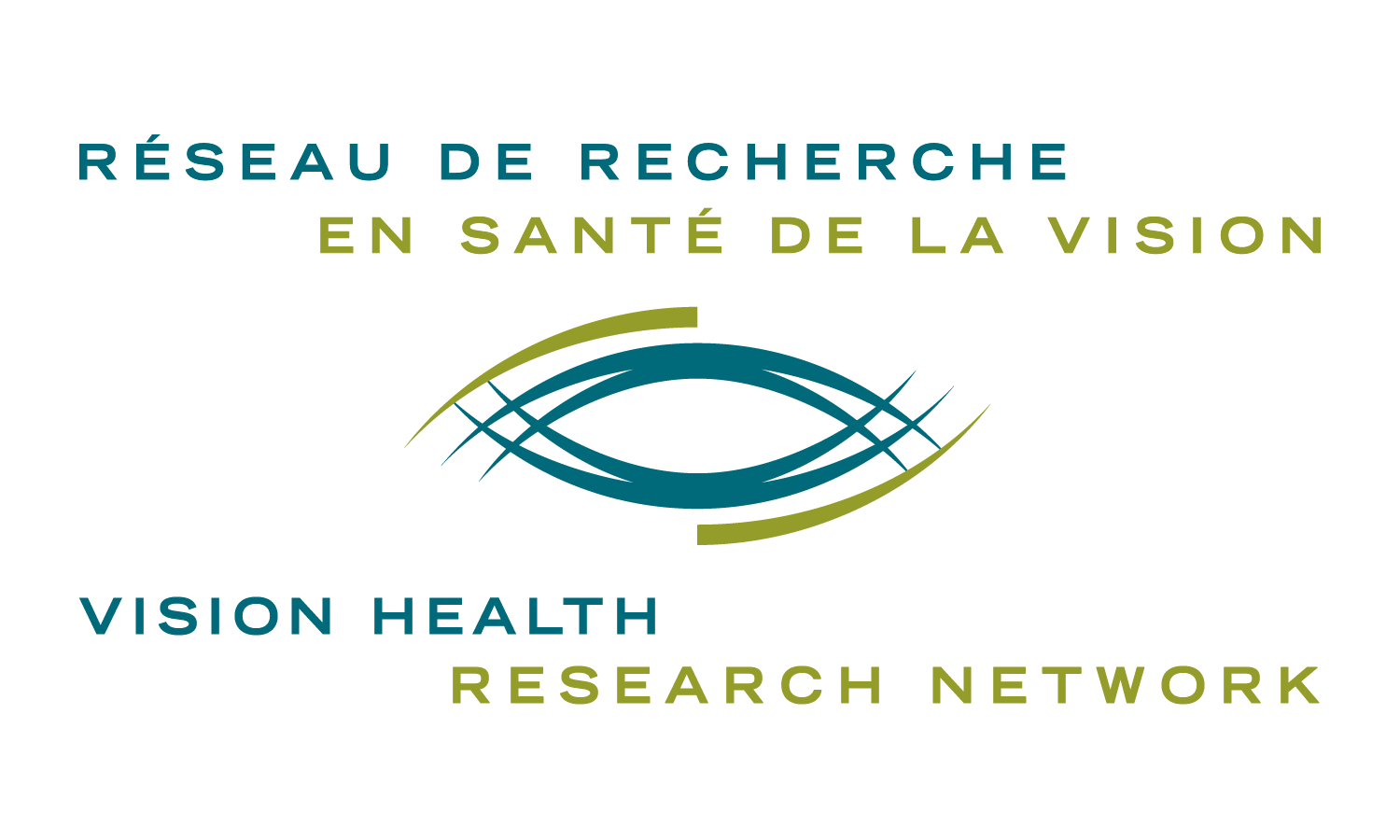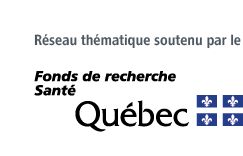Walter Wittich, PhD
Associate Professor, School of Optometry, Université de Montréal
Resident Researcher, CRIR/Centre de réadaptation Lethbridge-Layton-Mackay du CIUSSS du Centre-Ouest-de-l’Ile-de-Montréal
Resident Researcher, CRIR/Institut Nazareth et Louis-Braille du CISSS de la Montérégie-Centre
Adjunct Professor, School of Physical and Occupational Therapy, McGill University
Assistant Professor, Department of Psychology, Concordia University
Chair, Research Network, Deafblind International
École d’optométrie, 3744, Rue Jean-Brillant, Montreal, Québec, Canada, H3T 1P1
Courriel: walter.wittich@umontreal.ca
Twitter: @WalterWittich
Biographie/Biography
Walter Wittich is an Associate Professor at the School of Optometry at the University of Montreal, in Quebec, Canada. His research focuses on the rehabilitation of older adults with combined vision and hearing loss. Following his Master’s in Psychology (Concordia University) and PhD in Visual Neuroscience (McGill University), he completed a postdoctoral fellowship in audiology at the University of Montreal. Coming from a background in age-related vision loss, he now conducts research in dual sensory impairment and acquired deafblindness. His research domains include basic sensory science, as well as medical, psychosocial, and rehabilitation approaches to sensory loss, where he has published over 130 peer-reviewed articles. He is the inaugural chair of the Deafblind International Research Network, is a Fellow of the American Academy of Optometry and is Quebec’s first Certified Low Vision Therapist.
***
Résumé/Abstract
Titre: Nothing more can be done – or can it? Vision rehabilitation is the best-kept secret of vision health
It is a common patient experience in eye care to be told at some point by a vision care provider that ‘nothing more can be done’ in their treatment regimen. This professional sentiment applies to advanced levels of almost all eye diseases and has been the cause of desperation for numerous individuals living with ‘untreatable’ vision impairment. However, nothing could be more from the truth, given that the sentence should really read ‘nothing more can be done MEDICALLY to restore your vision’. Vision rehabilitation often begins where the treatment experience of patients ends – in case a referral is made, or the patients discover vision rehabilitation themselves, often through word of mouth.
In this presentation I will first provide an overview of visual impairment (meaning low vision and blindness), and then provide the professional context and scope of practice of vision rehabilitation therapy (sight substitution), low vision therapy (sight enhancement) and orientation & mobility (independent travel for persons living with a visual impairment). Thereafter, I will highlight current research topics and challenges, as well as the breadth of research opportunities that exist in vision impairment and its rehabilitation, and how they are linked to the improvement of independence, participation, and quality of life of persons living with visual impairment.
***


